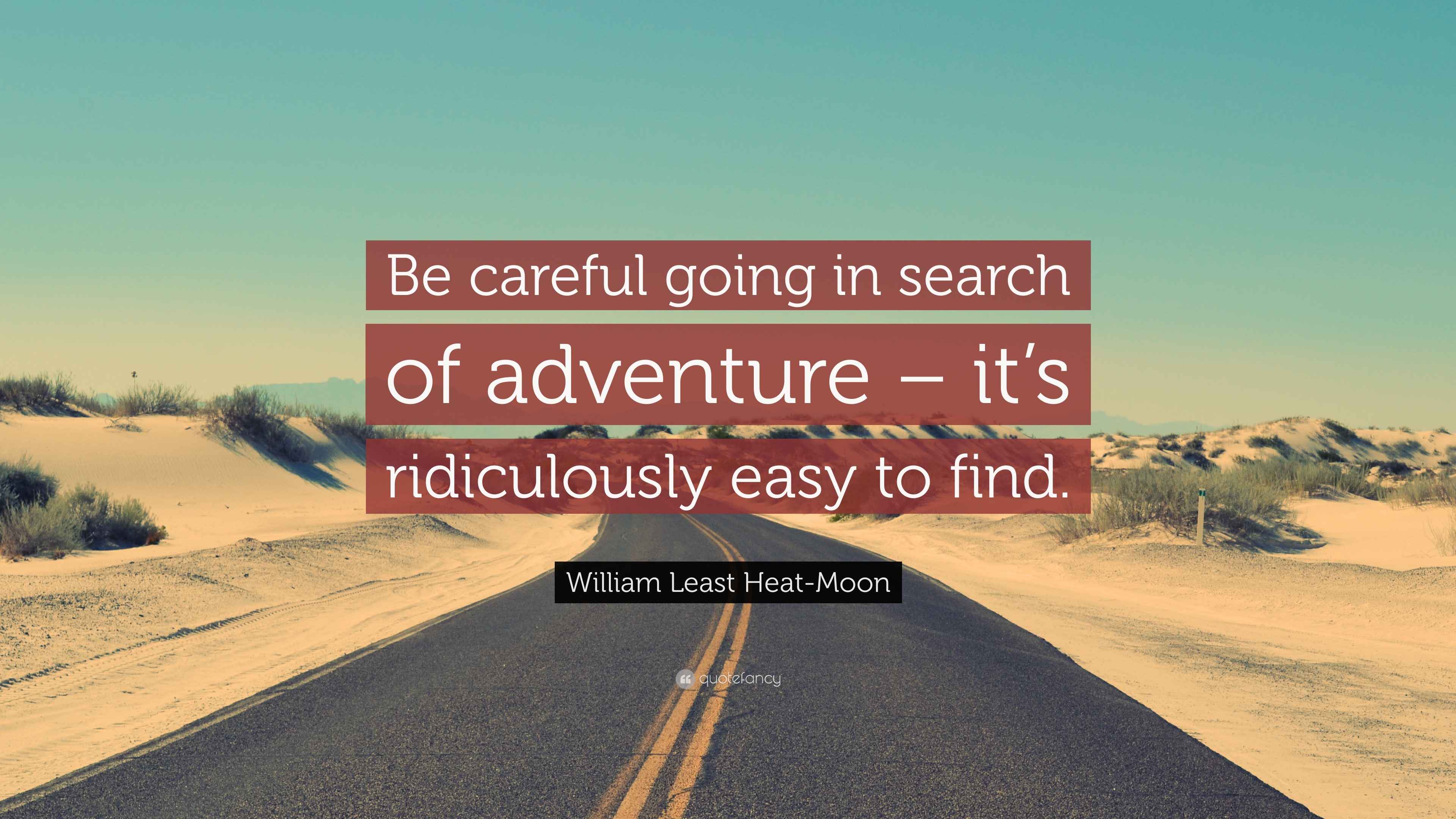

I think it’s genetic memory functioning - when life gets this way or that way, and we’re not really happy with it, what do we do? Put a kit bag over one shoulder and head out for the road because that’s where solutions might lie. And with the exception of people of African descent, virtually all of our ancestors came here wanting to find better territory. I know there are American Indian tribes that deny that, but I think archaeology and anthropology show that all of the so-called Native American tribes did indeed come from the Eastern Hemisphere. WILLIAM LEAST HEAT-MOON: My theory is it comes from the historic fact we are all from the other side of the planet. Maybe “Don Quixote” would qualify as a Spanish road book. I don’t know of any Italian road books or British road books or French road books or Spanish road books.

PHILIP CAPUTO: The road book is a peculiarly American genre. They had a wide-ranging conversation, condensed and edited here, covering their many years of travel. Caputo traveled to Missouri to compare notes with one of the most acclaimed travel writers of our time, William Least Heat-Moon, the author of “Blue Highways” and “PrairyErth (A Deep Map).” His latest book is “Here, There, Elsewhere: Stories From the Road” (Little, Brown), a collection of short essays plucked from 30-plus years of travel. His new book chronicles his trip in an Airstream trailer from one corner of North America to the other. Caputo is a Pulitzer Prize-winning journalist and the author of “A Rumor of War,” a memoir of the Vietnam War. One of the newest entrants in the genre is “The Longest Road: Overland in Search of America, From Key West to the Arctic Ocean” by Philip Caputo (Holt). The road book has a long and glorious history in the annals of literature, starting perhaps with “The Odyssey” (assuming you’re willing to consider the sea as a road).


 0 kommentar(er)
0 kommentar(er)
